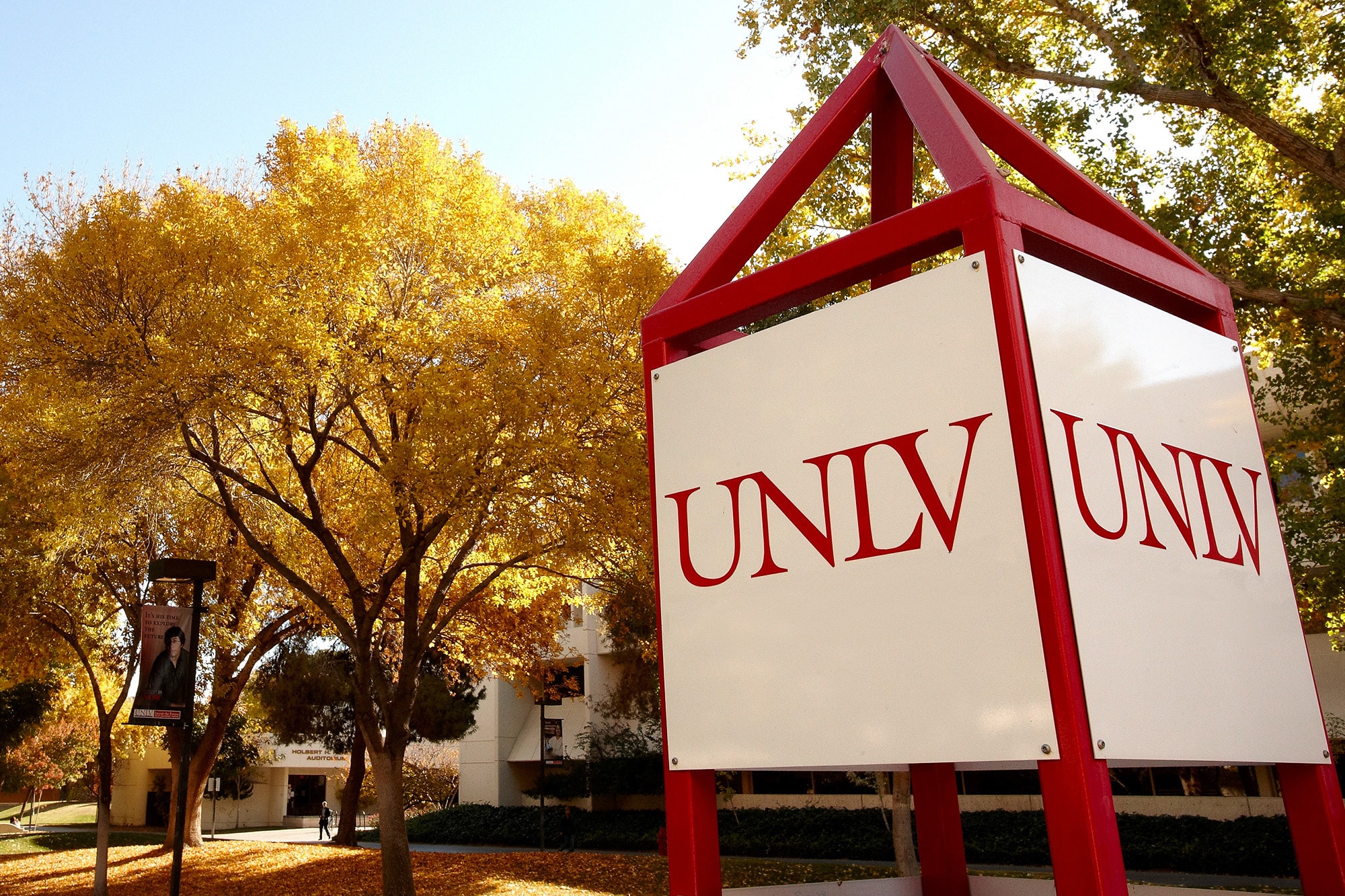Las Vegas could learn a lot from Houston.
Much like Las Vegas, Houston was a one-industry town. When Houston's main economic engine - oil production - moved overseas, the city suffered an economic downturn. However, Houston's slump ended when it began exporting its intellectual capital.
Las Vegas should look to Houston for cues on how to get itself out of economic peril, according to a new study published by Bo Bernhard, executive director of the UNLV International Gaming Institute and UNLV hotel college graduate student Mikael Ahlgren.
Bernhard and Ahlgren's report is available in this month's UNLV Gaming Research and Review Journal.
With Houston's oil and reserves depleting, the study notes, companies began searching internationally for business opportunities. Houston capitalized on its expertise in manufacturing, operations, engineering and finance developed around the oil industry.
Houston's strategy worked and Las Vegas is well poised to follow suit, Bernhard said. Las Vegas' casino-resorts have developed a rich base of local executives and industry experts.
Las Vegas' international influence is apparent, Bernhard said. Las Vegas has established relationships with Macau and Singapore - both of which have adopted Las Vegas' casino-resort model and iconic architectural design and have flourishing tourism economies. Now, Las Vegas could leverage its gaming expertise abroad by investing locally in career, cultural, and educational programs that would spur intellectual development, Bernhard said.
"While many lament that the gaming industry seems to have moved overseas, this is not necessarily a sad historical chapter for the city," Bernhard said. "Las Vegas' integrated casino resort model is admired the world over, and local executives, government officials, and companies are seen as the most qualified experts to develop these types of gambling assets."
Already, much of Macau and Singapore's revenues are linked to Las Vegas-based companies. According to the report, Las Vegas-based companies now generate 40 percent of Macau's casino revenues. Las Vegas Sands has a market share of 15 percent, while Wynn Resorts has 13 percent and MGM has 11 percent of the share.
But Bernhard urges Las Vegas to do more to attract talented individuals who will want to work and create a home in Las Vegas. He urges officials to invest locally in career, cultural, and educational programs that would further spur intellectual capital.
According to the report, below is an overview of Houston's turnaround:
- Companies began to search internationally for new business opportunities
- Houston invested in intellectual capital and capitalized on its expertise in manufacturing, operational, engineering and financial knowledge
- Alternative energy firms like wind and solar power came to Houston
- Downtown offered four major sports teams in brand new arenas
- Houstonians adapted to globalizing economy
- Houston became a global command center for international energy industry
- Leaders invested in civic/cultural programs to improve quality of life for residents
According to the report, below are ways Las Vegas can follow Houston's example:
- Invest in educational programs that will develop local talent to handle the complexity of the gaming/entertainments industry's future
- Build upon technology base already established with gaming manufacturing companies that would like to create a stronger online gambling presence
- Boost airport connectivity to Asia, where gaming is thriving, and to Latin America, a region likely to increase gaming activity
- Commercial gaming industry could attract a higher level of talent by investing in local arts and cultural programs
The report is available online on IGI's web site.



